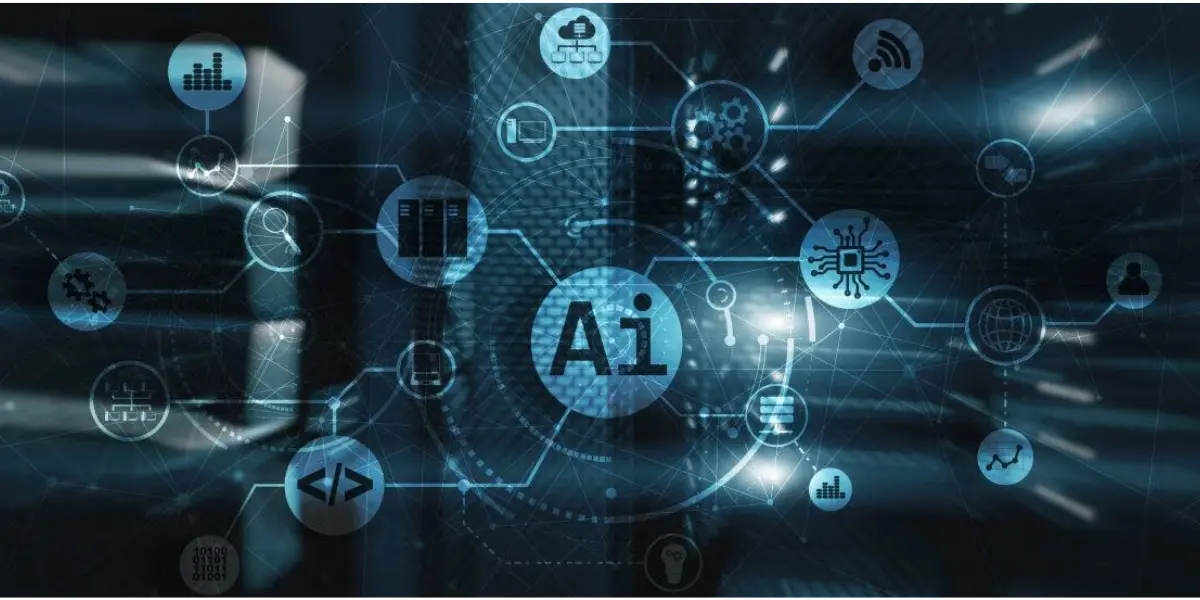For over 10 years, I have been discussing AI with businesses, listening, observing, and analysing what these companies think and understand about AI. A clear perception emerges: AI is about increasing profit margins. Essentially, businesses are automating certain operational processes, increasing productivity.
It is undeniable that AI enhances productivity. However, we are missing the crux of the matter, and this crux is already beginning to reorganise the market.
Why it is a mistake to reduce AI to performance and replacement
When AI automates a task, the nature of the task changes (it is often neither optimal nor possible to replicate the manual action exactly). As a result, the value chain transforms, opening up new possibilities: new functionalities for the customer, new internal structures, revisions of pricing models, or even the prices themselves. In some cases, AI can even perform tasks very differently than current practices or carry out entirely new tasks. Or it can perform similar tasks but with significantly improved quality.
This fundamental difference paves the way for new business models capable of disrupting the competition. Beyond automation, AI redefines the rules of the game, creating opportunities for those who know how to seize them.
What innovations are changing business models?
Innovations are not completely unpredictable.
We are referring to disruptive innovations because they radically transform existing business models. According to Christensen’s classification (well-known for coining the term disruption), we distinguish between two types of disruption: “low-end“, where innovation offers low-cost, simpler alternatives, and “new-market“, which allows access to previously neglected market segments.
AI is a powerful driver of disruption in both of these categories.
AI as low-end disruption: customer relations
A good example of low-end disruption would be the automation of customer service via basic chatbots. These AI tools do not replace human agents capable of handling complex interactions but respond efficiently to simple, repetitive requests, such as order tracking or password resets. These systems, while imperfect and limited, are “good enough” for low-value-added tasks, allowing businesses to reduce costs while providing a low-cost service.
This use case perfectly illustrates low-end disruption: it does not compete with premium customer service but meets an unmet need for basic requests with a cheaper and more accessible solution.
Over time, these chatbots evolve and improve, eventually competing with more advanced solutions. This is the key point of low-end disruption through AI: solutions that initially seem unpromising due to their low quality are, in fact, the precursors of mid-range and then high-end solutions, competing across all levels at a lower cost.
AI as new-market disruption: certification
Traditionally, obtaining certifications (such as professional certifications, operating licences, or industry compliance certifications) has been a cumbersome process, requiring manual document collection, human audits, and numerous interactions with regulatory bodies.
AI creates a new market by enabling businesses and individuals to proactively automate the management of these certification processes. An AI specialised in industrial compliance certification can analyse real-time data from a factory or business (such as production reports, environmental measurements, etc.), verify compliance with standards, and automatically generate the necessary certification reports. Moreover, it can anticipate when certifications need renewal and propose corrective actions in case of non-compliance before a human audit is required.
This use case is entirely new: instead of managing these certifications reactively and manually, with lengthy and often costly processes, AI allows for automated, continuous, and proactive management, focusing on the benefits provided rather than the legal obligation.
A multi-faceted transformation
Most innovations are both New-Market and Low-End: customer relations also find new possibilities through AI, and certification benefits from simpler and less costly innovations driven by AI.
In reality, most AI solutions will combine cost reduction and quality improvement, but in varying proportions. This puts established players in a difficult position, as they must adapt quickly or risk disappearing.
The ecosystem is also evolving. The market adjusts to new standards, with no possibility of returning to the past.
Another effect on the ecosystem, particularly in the realm of certification, is the strengthening of legal obligations: the more technology enables strict compliance, the more legislators can demand from companies.
It is often said that technology should be designed for its use, not the other way around. This is true. However, we must remember that the technical possibilities offered by AI profoundly transform market and ecosystem expectations. While the expansion of the subscription-based sales model is one of the most visible transformations, AI’s deepest impact lies in the reconfiguration of value chains, as the latest technologies drastically redefine the scope of what is possible and the cost of what we are familiar with.
In a world where technologies exponentially expand the scope of possibilities, economic players must rethink their models to remain competitive. Those who can adapt to the new dynamics imposed by AI will emerge stronger; for the others, the risk is real.
Disclaimer
The opinions, presentations, figures and estimates set forth on the website, including in this blog, are for informational purposes only and should not be construed as legal advice. For legal advice you should contact a legal professional in your jurisdiction.
The use of any content on this website, including in this blog, for any commercial purposes, including resale, is prohibited, unless permission is first obtained from Vaultinum. Request for permission should state the purpose and the extent of the reproduction. For non-commercial purposes, all material in this publication may be freely quoted or reprinted, but acknowledgement is required, together with a link to this website.

